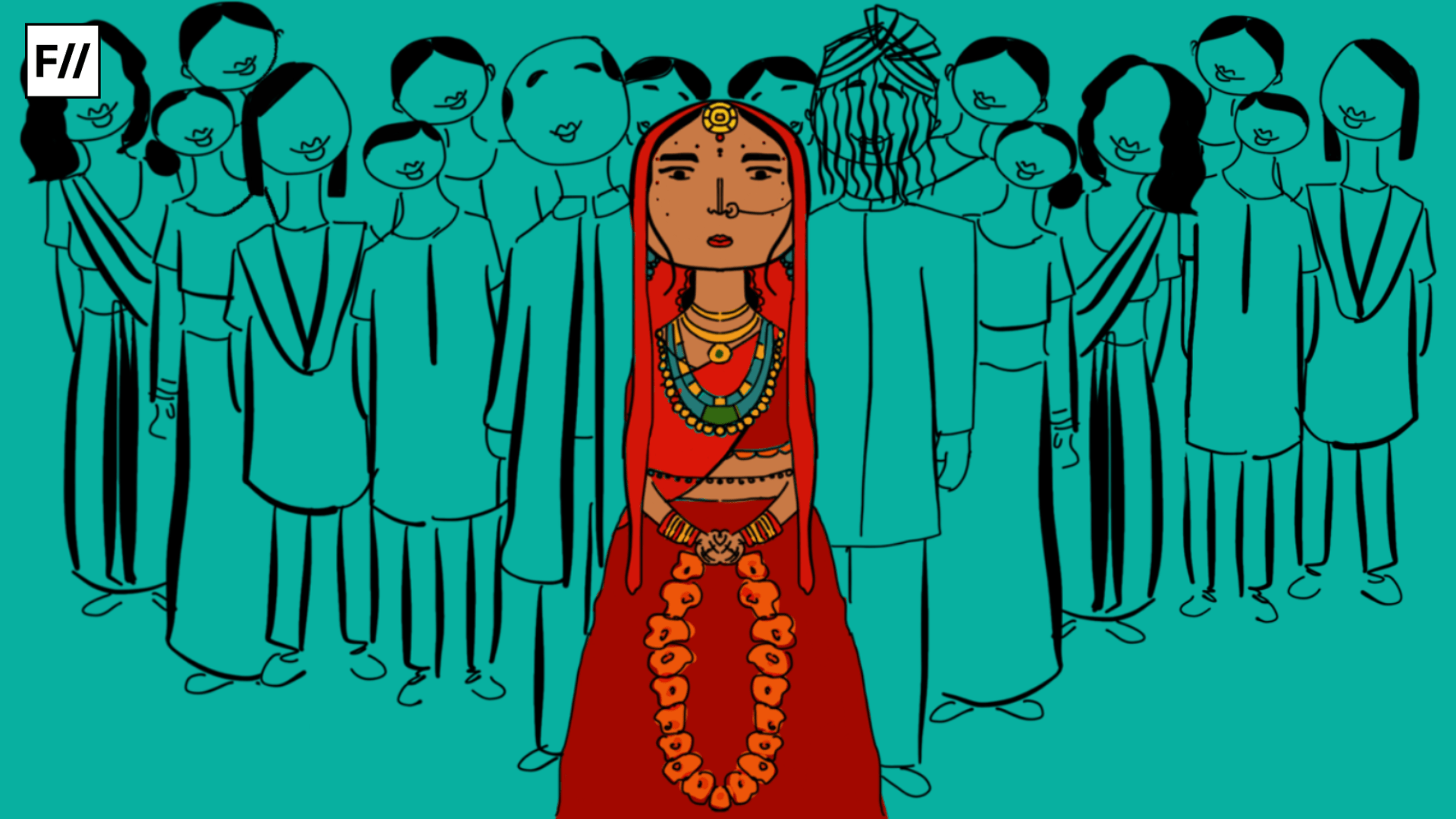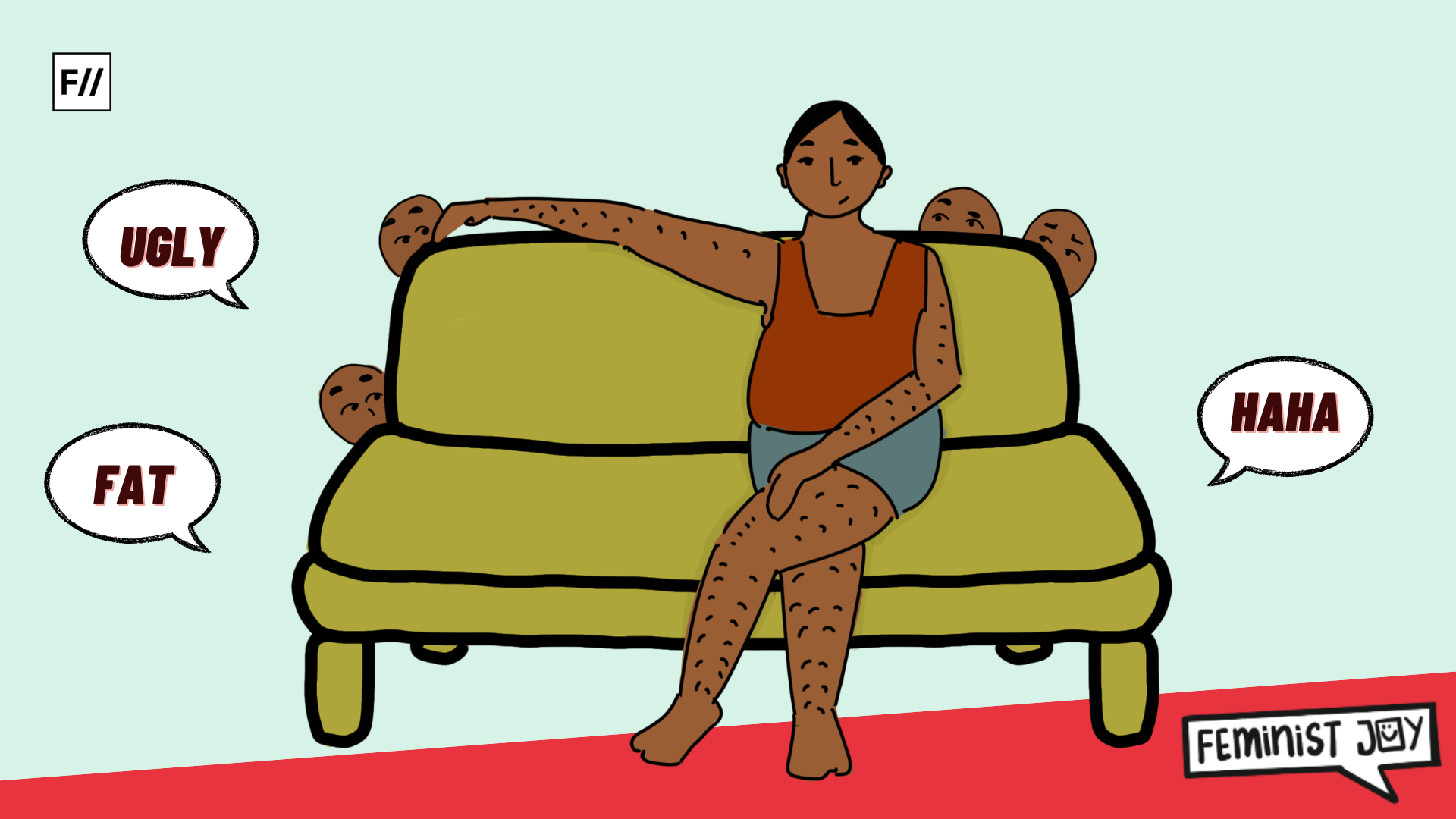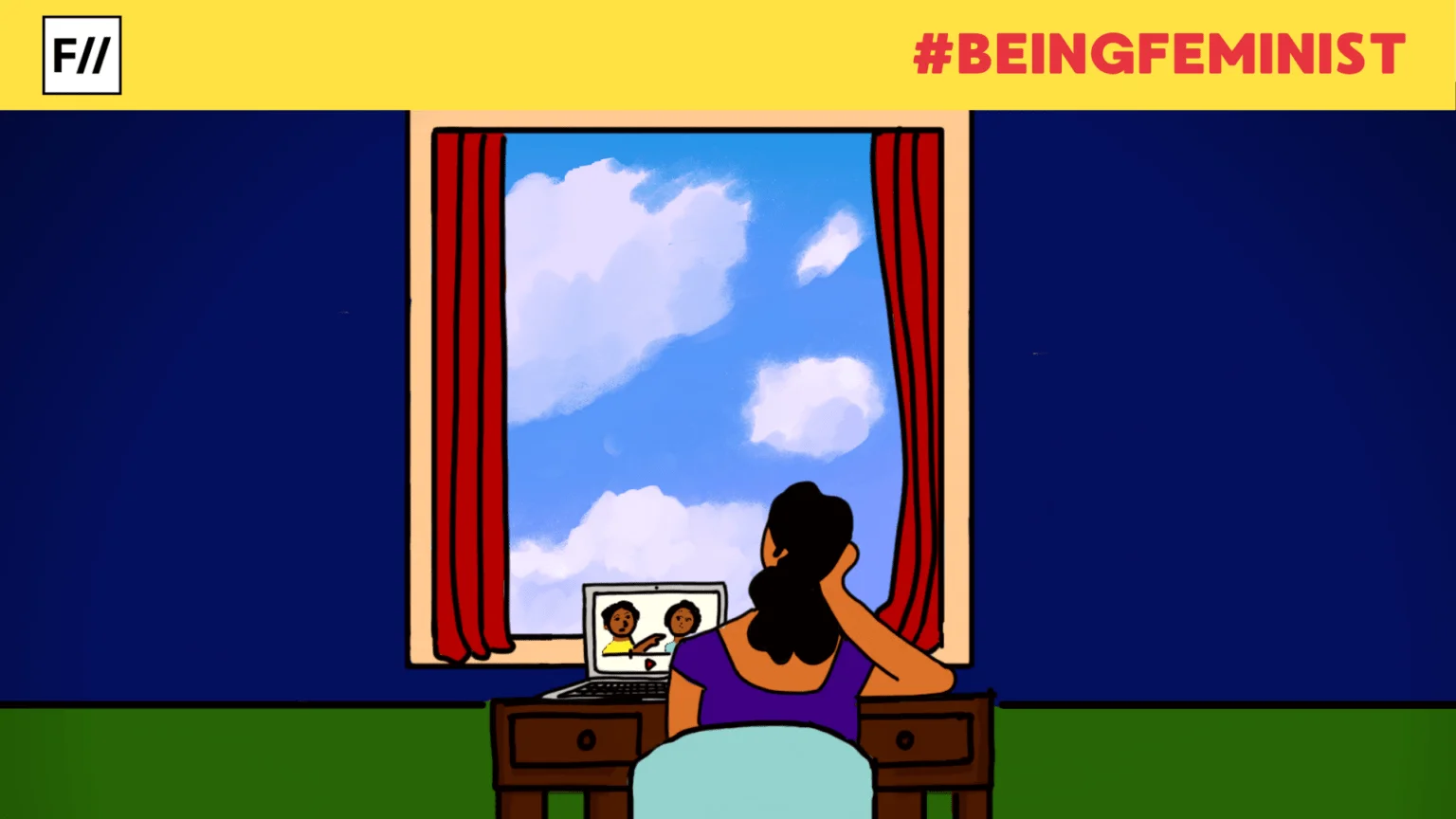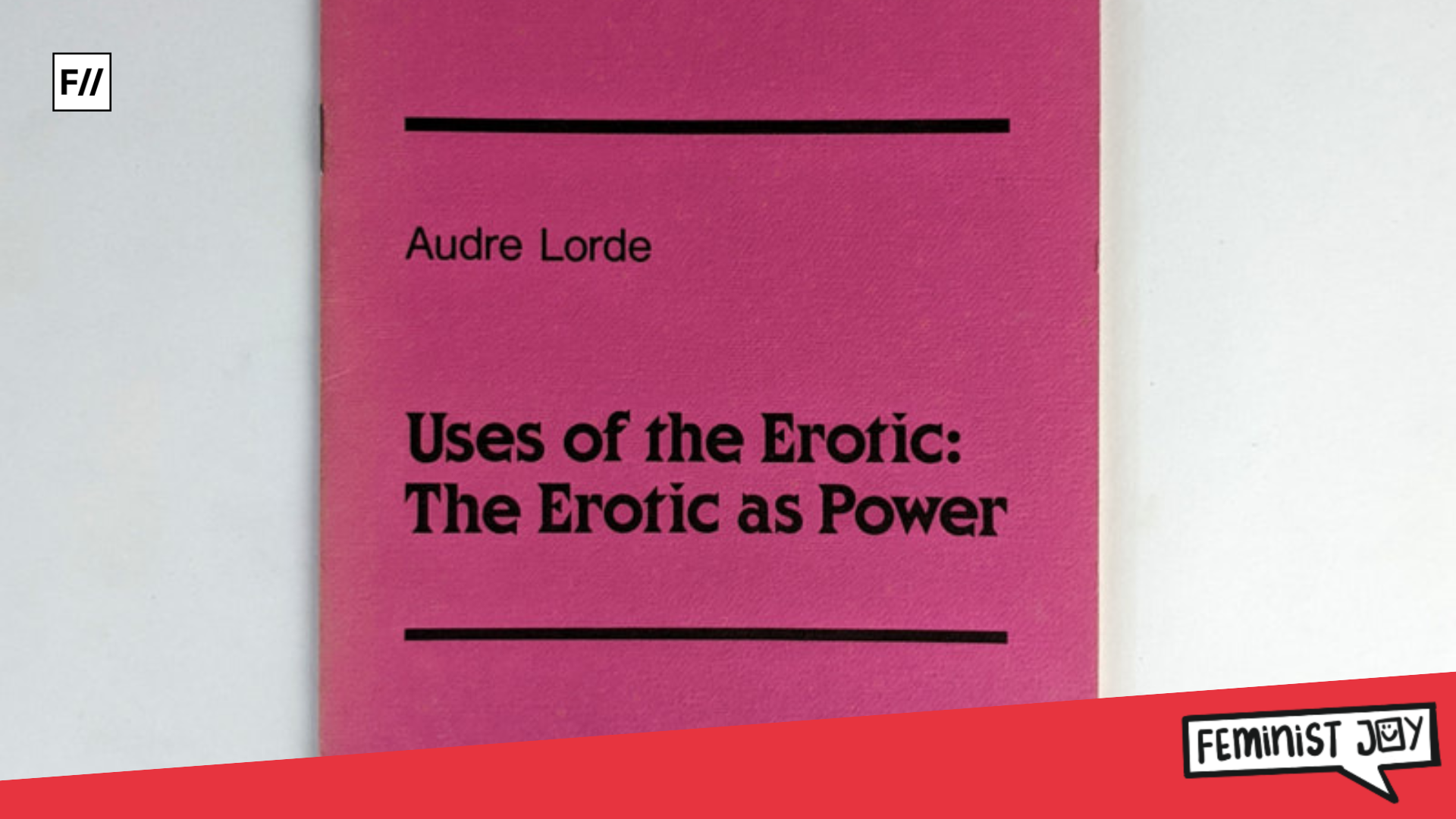In the heart of Delhi, amidst the cacophony of its bustling, broken streets, loose wires, flooded roads, and the serene beauty of its archaic monuments inked with the sagas of lovers, I find myself caught in a whirlwind of contemplation and societal expectations. As a 24-year-old writer and communications professional with dreams as golden as my mid-length wavy brown highlighted hair, the concept of marriage has always been a fascinating narrative, one that I have explored through the lenses of my complicated-disputed Punjabi family, culture, tradition, and personal aspirations.
In the heart of Delhi, amidst the cacophony of its bustling, broken streets, loose wires, flooded roads, and the serene beauty of its archaic monuments inked with the sagas of lovers, I find myself caught in a whirlwind of contemplation and societal expectations.
The onset of 2024 has been nothing short of a matrimonial saga unfolding right before my eyes: from a batchmate’s cutesy proposal to a senior’s engagement party that set social media ablaze with its elegance, to witnessing a cousin younger than me embark on the journey of lifetime commitment to a close friend marrying later in April.
These events, juxtaposed with my daily ritual of sipping black coffee, scrolling through reels to find the trending bridal entry songs, and musing over whether to indulge in some journalistic work or succumb to giving my parents my matrimonial biodata, have led me to ponder deeply about the essence of marriage and if I should really get married.
To marry or not
While people around lament and say, ‘what is in a marriage anyway?‘ and though I have seen people marrying and falling apart, both in arranged and love marriage setups, I still want to marry. One would ask why. Obviously for the stunning pictures and outfits but also for the companionship and sense of completeness it brings along.
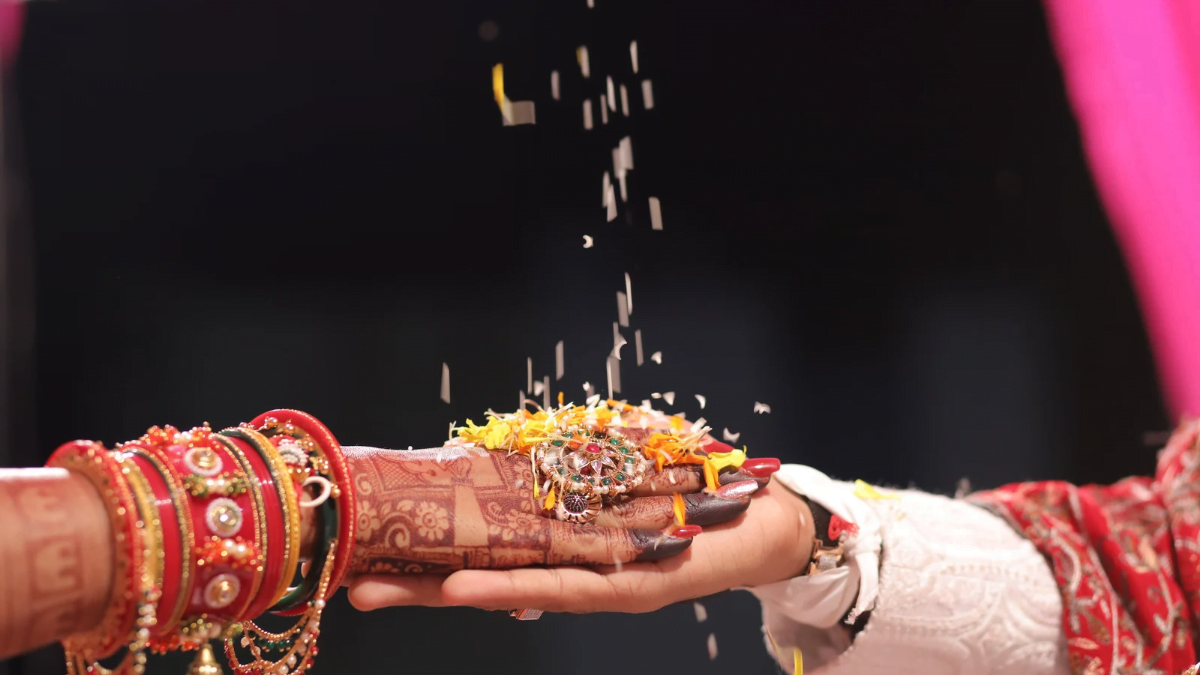
While some people are anti-marriage, I have always been a pro-marriage, so much so, that I never had a fixed age to solemnise my marriage. I still don’t have an age in mind.
As I grew and matured, the allure of weddings was ever-present, fuelled by people closer home marrying the love of their lives, glamorous television shows such as Band Baaja Bride, and the cinematic masterpieces of The Wedding Filmer and Stories by Joseph & Radhika. The idea of donning a Sabyasachi lehenga and being the protagonist in my own fairy tale Gurudwara wedding set against dreamy views has always been a dream. I have meticulously planned every aspect of my hypothetical wedding, from the design of the invitation card to the theme of each ceremony. My Pinterest boards are a testament to this obsession, a detailed blueprint of a wedding awaiting its bridegroom.
Recently, this dream has transformed into an omnipresent thought, dominating my everyday conversations and inner monologue. And as I delve deeper into this fantasy, a critical question arises: Is my desire to get married a true yearning for companionship and lifelong partnership, or am I merely swept up in the societal and cultural phenomenon known as “Marriage Fever”?
The OG marriage fever
To dig deeper and to get some sense, if at all this topic requires any, I delved to know more about this phenomenon called “Marriage Fever”. It refers to the intense desire to get married, often spurred by peer pressure, societal expectations, or the romanticisation of weddings on social media. It’s a phenomenon that transcends cultural and geographical boundaries, affecting individuals worldwide. As I look into this concept, I gain an understanding whether my own desires stem from genuine personal conviction or the infectious nature of this fever.
Globally, marriage patterns are evolving, and social media has undoubtedly played a pivotal role in shaping contemporary perceptions of marriage.
Globally, marriage patterns are evolving, and social media has undoubtedly played a pivotal role in shaping contemporary perceptions of marriage. Platforms like Instagram and Pinterest are awash with images of perfect weddings, setting unrealistic expectations for what is essentially a personal and intimate event. This constant bombardment of idealised weddings can exacerbate “Marriage Fever,” leading individuals to covet the spectacle rather than the substance of marital commitment.
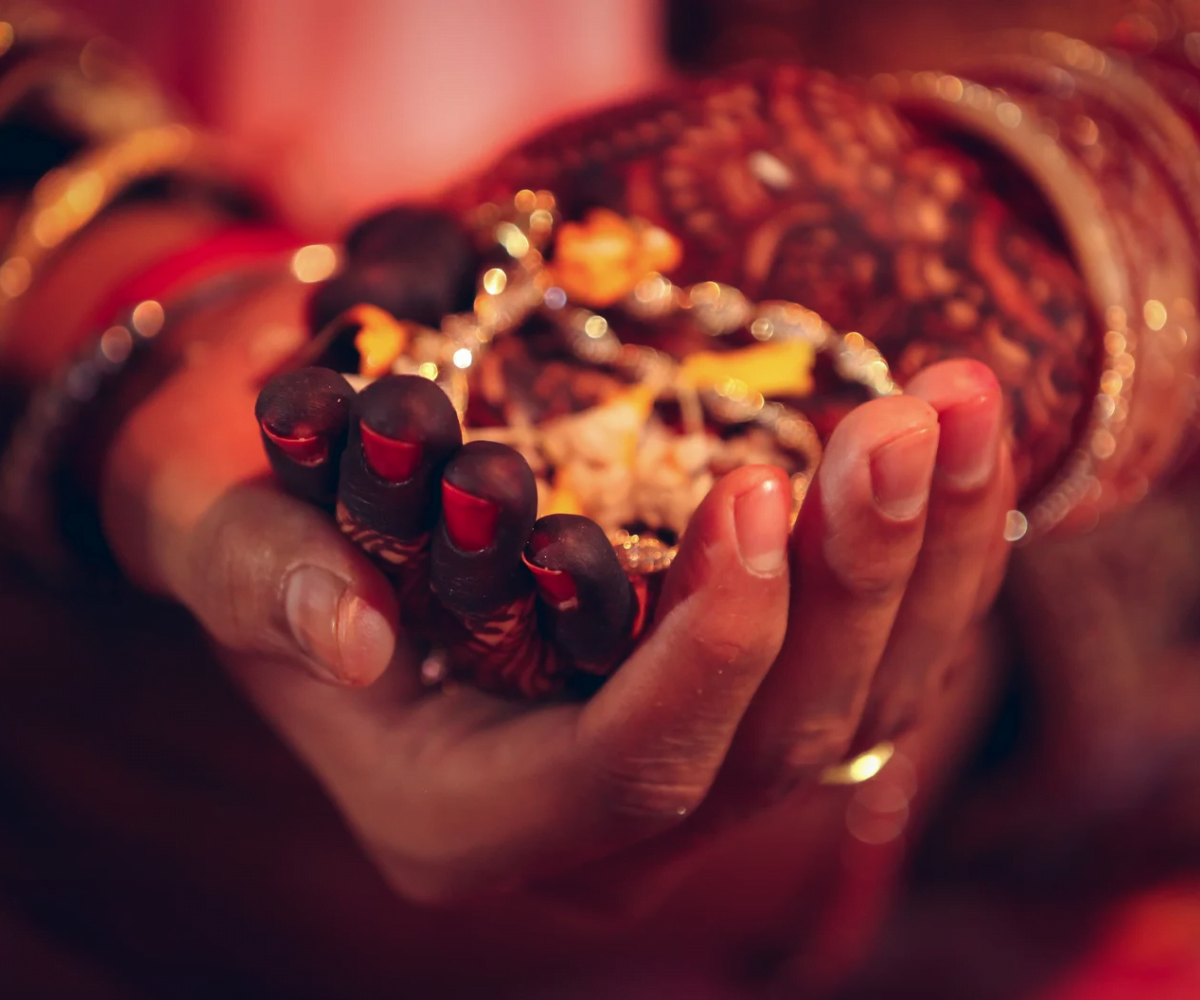
Research suggests that the portrayal of weddings on social media often emphasises aesthetics and grandeur, potentially overshadowing the deeper significance of marriage as a union based on love, respect, and partnership. There is a greater need to distinguish between the wedding day and the marriage that follows, a line that often blurs and loses its essence because of our urge of documenting and etching the stories in our highlights. A Pew Research Centre study also emphasised the impact of social media on young adults’ perceptions of marriage, noting that while many are inspired by the weddings they see online, often choosing reel-ness of the weddings over their realness.
Looking deeper and within
As I navigate my own quest of marriage, I am also confronted with the dichotomy between societal expectations and personal aspirations. The pressure to marry at a certain age, especially for women in Indian society, is a tangible force, one that can lead to internal conflict and self-doubt. I have on and off felt this pressure, the recent one being at a younger cousin’s wedding when a relative said to my mother: ‘ab Sanjana ke haath bhi peele kardo‘ (Now get Sanjana married also in English), or when amidst a family drama, my uncle called his friend to enquire about a man’s height, who according to him was a potential match, only if his height was at par with mine.
Though I really want to get married, I don’t want it to become my black coffee that I can’t live without. And though it is crucial to recognise that marriage, at its core, is about finding a partner with whom to share life’s journey, it is a decision that should not be rushed or influenced by external pressures, including familial or those of the Instagram.
In my quest for clarity, I turned to the stories of those who have navigated this path before me, including my mother and colleagues, seeking wisdom in their experiences. Conversations with them revealed a tapestry of perspectives, from the joys and challenges of building a life together to the importance of maintaining individuality within a partnership. The latter is what I strongly believe in and vouch for, more so because in my being of 24 years, I have met men who has issues with my virtues, beliefs, way of being, and importantly – my work.
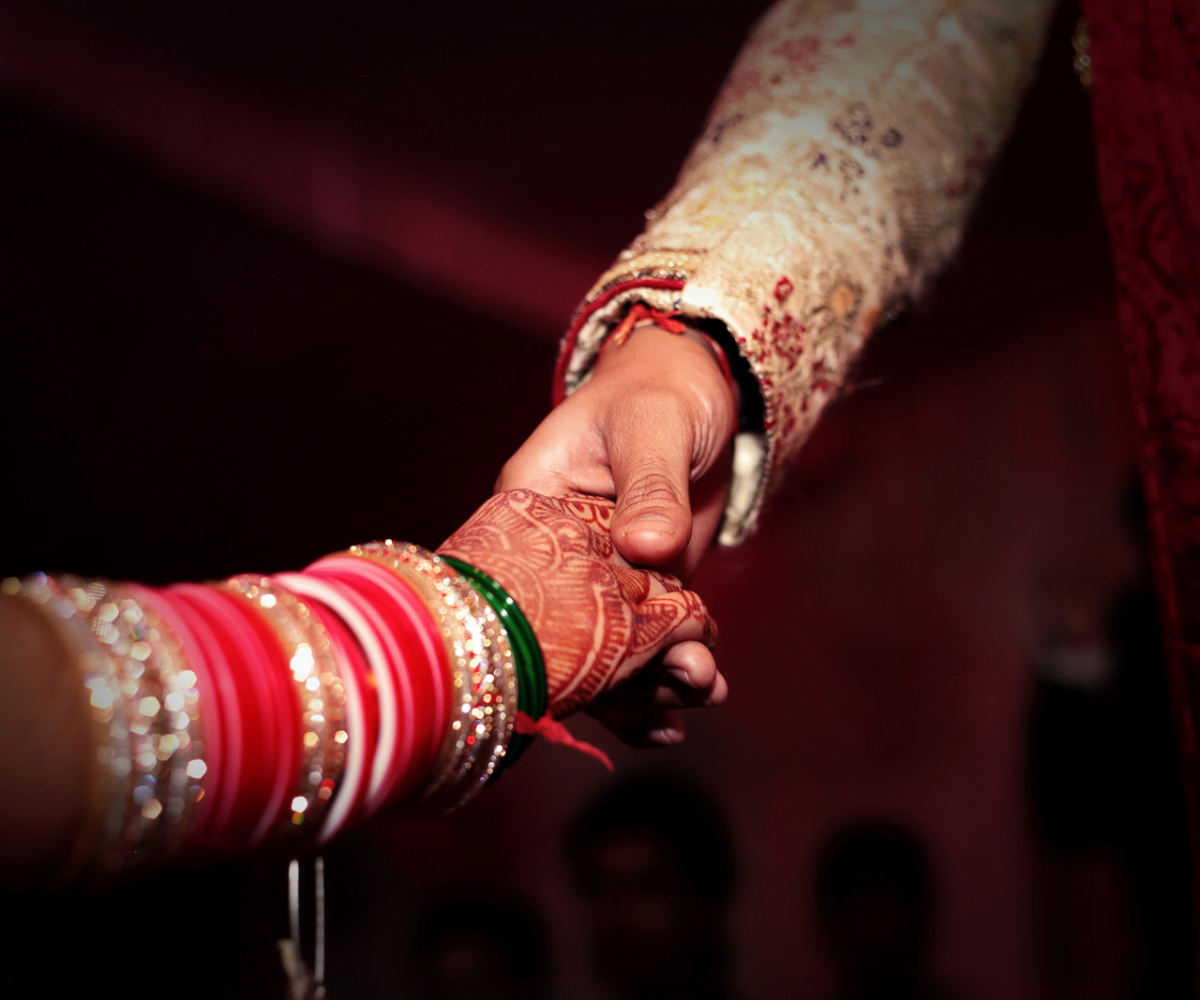
This is something I cannot trade for or let go and I take pride in it. Nothing is more important than maintaining your individuality, even in a marriage. Don’t get me wrong when I say this because marriage is about true companionship and the feeling of completeness, and not submission. It is about being with the person you love, being with them through the highs and lows, supporting them, standing with them, while maintaining your own identity. A marriage is not about becoming a shadow or a secondary character, but becoming the light that empowers and uplifts the love.
These narratives underscore the complexity of marriage, a reminder that beyond the glamour of wedding ceremonies lies the reality of shared existence.
Reflecting on my own desires and the societal phenomenon of “Marriage Fever,” I recognise the importance of introspection and genuine self-understanding. The decision to marry should be rooted in a desire for companionship, mutual growth, and shared values, rather than an ephemeral longing for a fairy-tale wedding.
I am reminded of the words of philosopher Kahlil Gibran, who wrote, ‘Love one another, but make not a bond of love: Let it rather be a moving sea between the shores of your souls.’
I am reminded of the words of philosopher Kahlil Gibran, who wrote, ‘Love one another, but make not a bond of love: Let it rather be a moving sea between the shores of your souls.’ Marriage, in its truest form, is not about the confinement of two individuals within societal expectations but the celebration of a union that enriches and elevates the human experience.
As I stand at the crossroads of tradition and modernity, I choose to navigate the path ahead with intentionality, embracing the possibility of marriage as a meaningful choice. Whether or not I succumb to “Marriage Fever,” my journey will be guided by a search for genuine connection, a partnership that transcends the allure of wedding bells and embraces the profound beauty of shared life.
